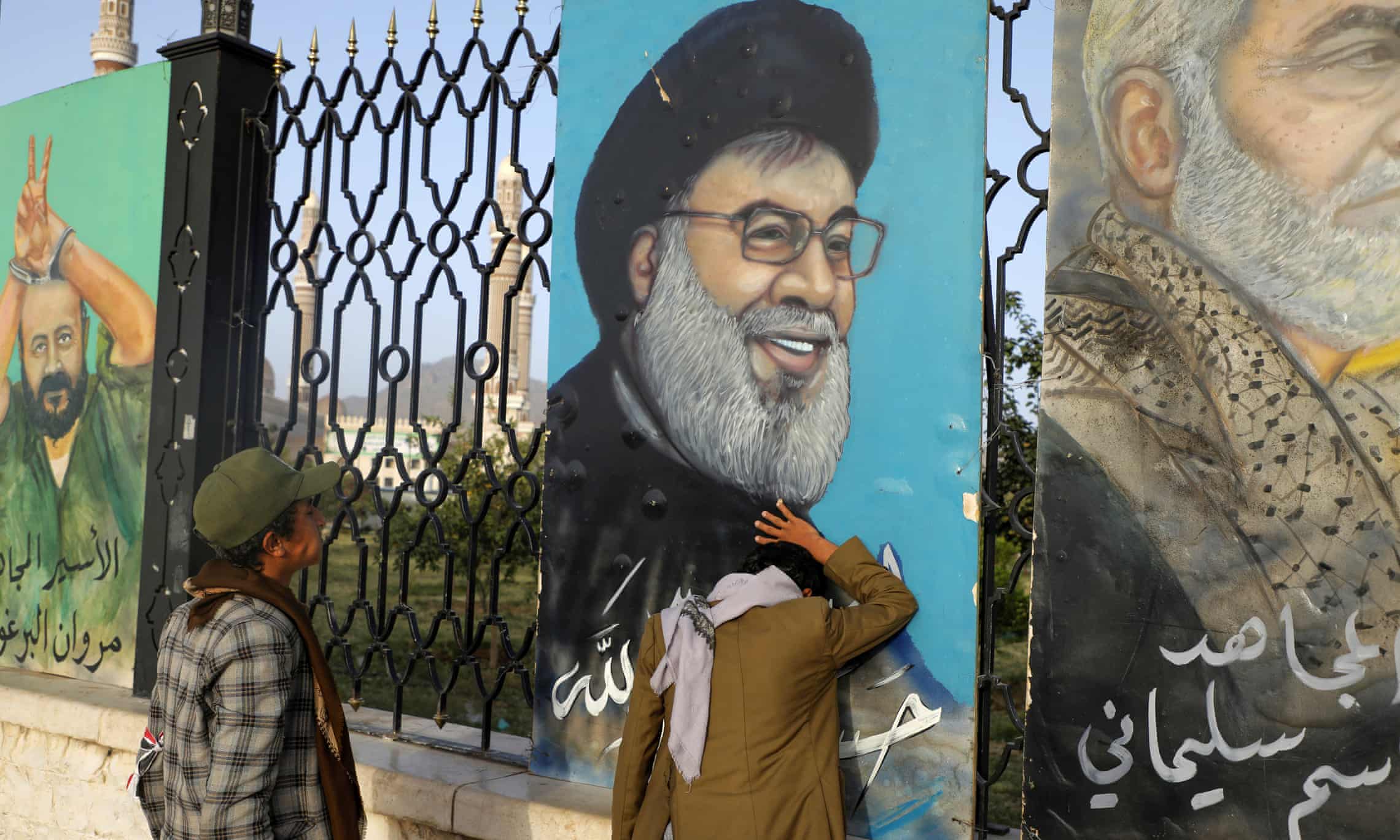 At a November 2009 meeting, top Iranian security officials allegedly discussed staging a student takeover of the Saudi Arabian embassy in Tehran, much as students had seized the U.S. Embassy there three decades earlier, according to a State Department cable.
At a November 2009 meeting, top Iranian security officials allegedly discussed staging a student takeover of the Saudi Arabian embassy in Tehran, much as students had seized the U.S. Embassy there three decades earlier, according to a State Department cable.
But Ali Larijani, a powerful politician and speaker of Iran's parliament, urged caution as Iranian-Saudi tensions rose. Referring to the 1979-81 U.S. hostage crisis, Larijani told his colleagues that "one experience occupying a foreign embassy is enough — in fact we have not yet extricated ourselves from the last experience."
The second-hand anecdote, related to a U.S. diplomat by an unidentified Iranian in Baku, the capital of Azerbaijan, is one of hundreds about Iran contained in classified U.S. cables obtained by WikiLeaks and recently passed to McClatchy.
Taken together, the cables portray a U.S. government ravenous for any scrap of information about Iran, no matter how incomplete or contradictory — and admittedly blind to much of what is taking place in a country where the U.S. has not had an official presence in more than a generation.





 Several professors at universities around the US are facing disciplinary actions in regard to their support...
Several professors at universities around the US are facing disciplinary actions in regard to their support... Israel launched a wave of airstrikes against Houthi targets in Yemen on Sunday while continuing to...
Israel launched a wave of airstrikes against Houthi targets in Yemen on Sunday while continuing to... Less than two weeks before the presidential election, a former model has gone public with accusations...
Less than two weeks before the presidential election, a former model has gone public with accusations...






























